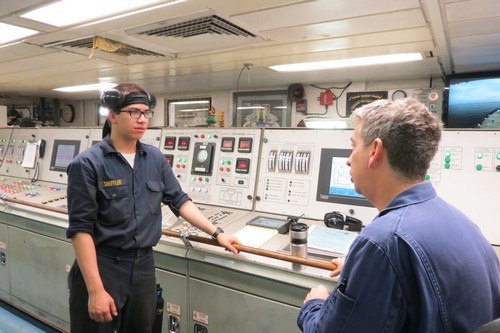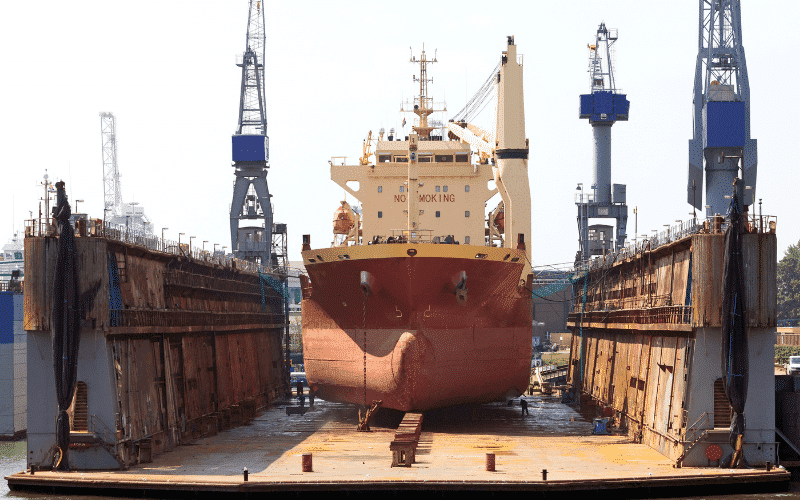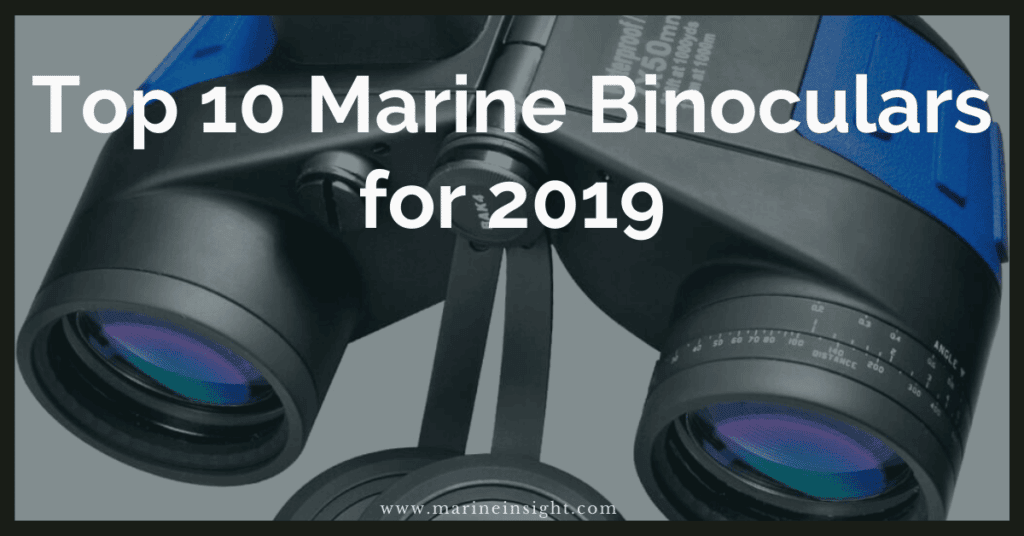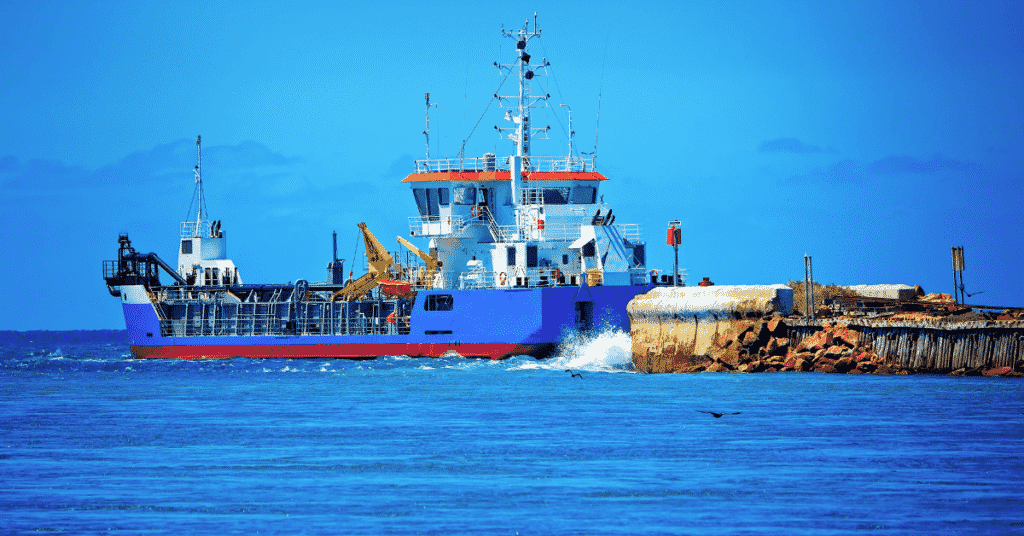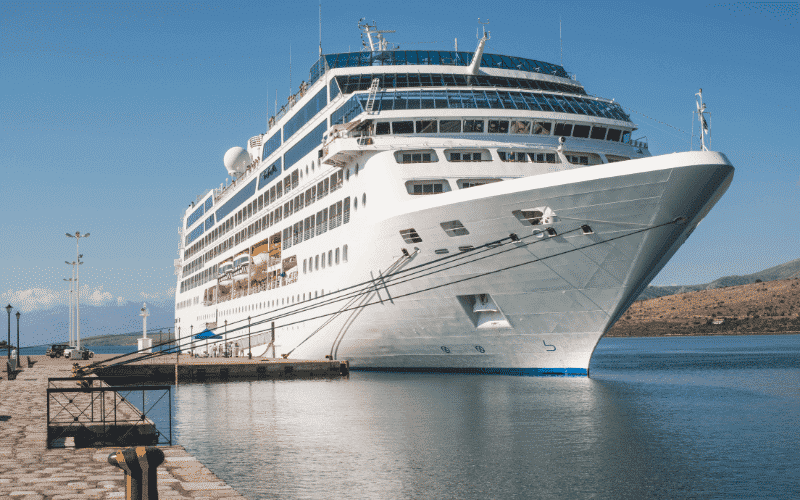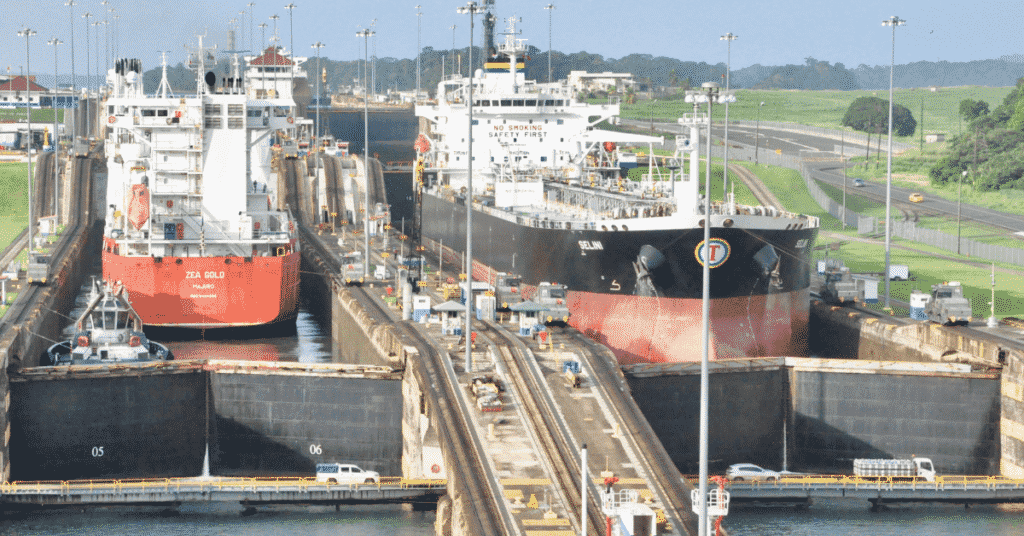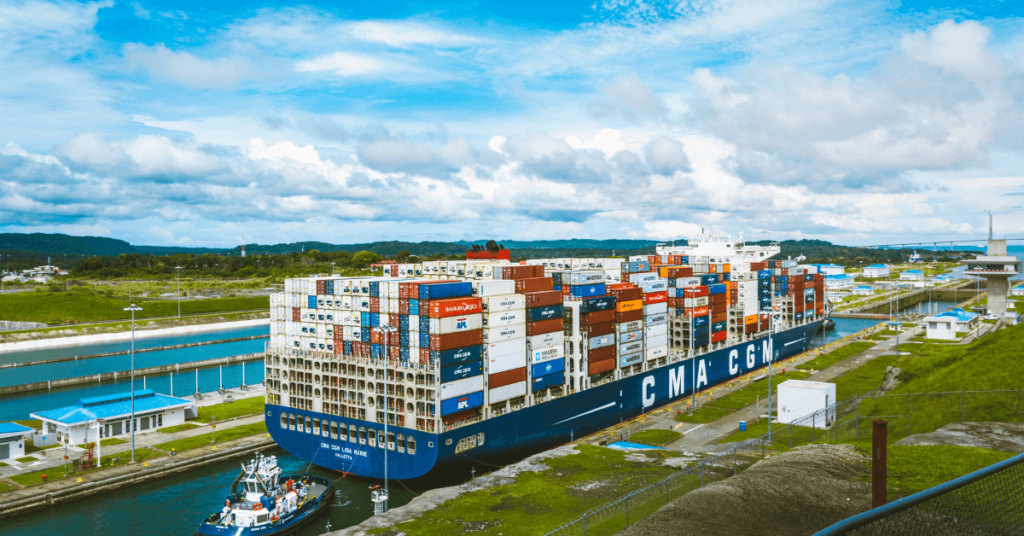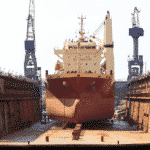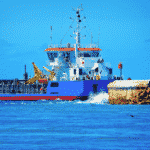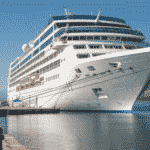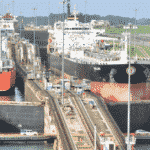Procedure For Handing Over Engine Room Watch At Sea
Engineers on ships perform their duties in rotational shifts, each having fixed and equal number of hours. This work shift, also known as a watch, needs to be carried out in an efficient manner to ensure the safety of life and property at sea.
A ship engineer can master the watch keeping procedure in a number of ways; however, he should take extra care while handing over the watch to the next engineer officer to make sure that the ship runs safety and smoothly.
Handing over of the watch should be carried out according to the instructions provided by the chief engineer and company’s standing orders. It should be done in such a way that the watch keeping becomes smoother and continuation of any kind of work is not affected on the ship.
Practically, it is impossible for any relieving engineer officer to check all the valves, pipelines, machinery, and controller in the engine room while taking over the watch. It is therefore necessary that the right information is passed to the relieving engineer officer by the relieved officer so that there are no surprises during the watch and one can concentrate on more demanding and important jobs.
The following things need to be informed to the relieving officer:
- Special orders related to any ship operation, control system, or maintenance work.
- Standing orders from the chief engineer or the company
- Level of important tanks such as bilges, ballast tank, sewage tank, reserve tank, slop tank, fuel tank, or any other tank which requires attention
- Condition and state of fire extinguishing equipment and systems, in case any specific section or fire alarm has been isolated
- Special mode of operation in case of emergency situation, damage, icy, or shallow water etc
- In case there is any kind of maintenance work being carried out in the engine room by other engineer officer and crew members, then their work location, details of machinery under maintenance, and information of authorized person and crew members should be provided. Any potential hazard because of the ongoing maintenance work should also be informed.
- In case there is an equipment failure, details of the same should be informed
- All the checks already made when the ship leaves the port should be noted. In case any check is pending, it should be conveyed to the reliving officer
- All the checks that are made when the ship enters the port should be noted and informed in case any is missing.
- Condition and important information regarding mode of operation of main engine, boiler, and auxiliary engines should be informed
- In case an equipment needs to be monitored manually, details of the same should be provided, along with the condition of monitoring and control equipment
- Any form of adverse ship condition needs to be informed
- Information on the condition and modes of all the important auxiliary machinery such as purifiers, fresh water generator, oily water separator, pumps, sewage treatment plant, etc. should be provided
- In case any important machinery failed to receive attention during the watch, the reliving officer should be reported and asked to take care of the same
- The condition and modes of automatic boiler controls and details of other equipment related to the operation of the steam boiler should be provided
- The engineer officer should ensure that all the important parameters regarding main and auxiliary machines are suitably recorded in the engine room log book.
It is to note that if the engineer officer feels that the reliving officer is not in a condition to carry out the watch duties efficiently, the former should not hand over the watch and inform the same to the chief engineer.

About Author
Raunek Kantharia is a marine engineer turned maritime writer and entrepreneur. After a brief stint at the sea, he founded Marine Insight in 2010. Apart from managing Marine Insight, he also writes for a number of maritime magazines and websites.
Do you have info to share with us ? Suggest a correction
Latest Shipboard Guidelines Articles You Would Like:
Subscribe To Our Newsletters
By subscribing, you agree to our Privacy Policy and may receive occasional deal communications; you can unsubscribe anytime.



